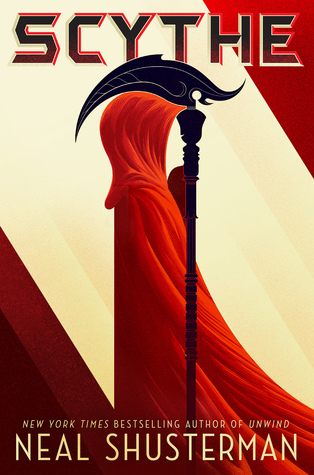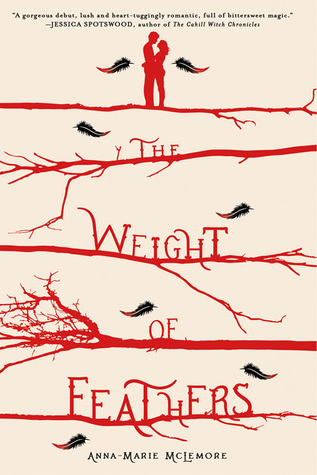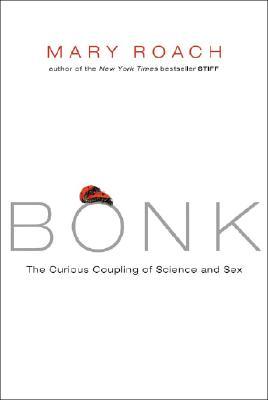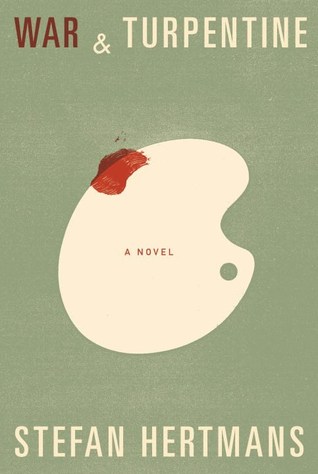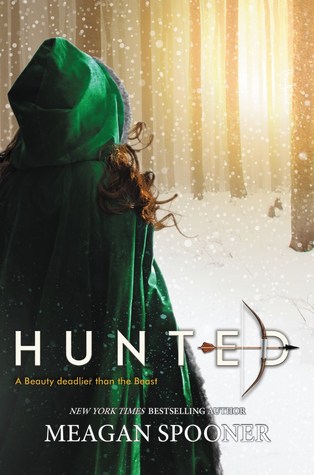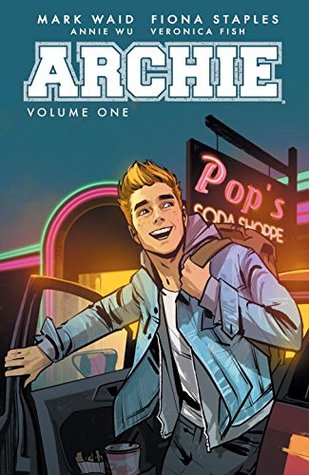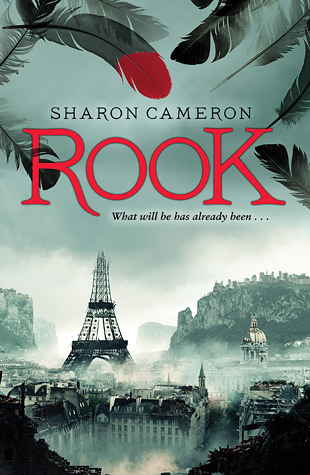 Calamity
CalamityBrandon Sanderson
2016
The Summary
"When Calamity lit up the sky, the Epics were born. David's fate has been tied to their villainy ever since that historic night. Steelheart killed his father. Firefight stole his heart. And now Regalia has turned his closest ally into a dangerous enemy.
"David knew Prof's secret, and kept it even when the Reckoners' leader struggled to control the effects of his Epic powers. But facing Obliteration in Babilar was too much. Prof has now embraced his Epic destiny. He's disappeared into those murky shadows of menace Epics are infamous for the world over, and everyone knows there's no turning back...
"But everyone is wrong. Redemption is possible for Epics--Megan proved it. They're not lost. Not completely. And David is just about crazy enough to face down the most powerful High Epic of all to get his friend back. Or die trying."
The Good
Although Calamity seemed to fall a little flat, I will admit that I have grown to love Brandon Sanderson's work. The Reckoners series, as a whole, is full of fantastical imagery, imaginative characters, and adventure. I was particularly fascinated by Ildithia (formerly Atlanta).
Like Babilar, Ildithia is a city of and controlled by epics. Unlike the watery nightmare of Babylon Restored, Ildithia is a city turned to salt--much like how Steelheart turned Chicago into steel--that slowly crumbles and rebuilds every week. It moves slowly across the country, an oddly flourishing city maintained by Larcener, Stormwind, and others that inches its way over the landscape.
It's an incredible image that sticks in my mind: a city of salt stone laced with layers of color that sparkles in the light, one with dusty streets and salty air. Sanderson does such an amazing job of coming up with these ideas, like incredible cities and unusual epic powers and quirky characters. I love his work; I certainly want to explore more even if I was a little disappointed with Calamity.
The Bad
I loved Steelheart and I enjoyed Firefight immensely; I did not like Calamity nearly as much.
Calamity is a fascinating book. Ildithia is an incredible place, an entire city made of salt that destroys and reconstructs itself every 7 days. Sanderson is wonderfully imaginative and inventive and he's a spectacularly writer; however, Calamity was such a disappointment for two reasons:
One, I did not like the conclusion. I mean, the epilogue is sort of sweet and I thought it was nice that David managed, for once, to catch a break, but I absolutely hated learning the truth about Calamity. (I'm going to start discussing spoilers from the previous book, so turn away now if you don't want to hear more.) Granted, it was an intriguing plot twist to learn that Calamity was actually an epic through which all powers were descended; however, I didn't like the idea that Calamity was actually some kind of alien being.
Two, I disliked the alternate dimensions Megan conjured. As we learned in the last book, Megan isn't just an illusionist, she can actually tear holes into the fabric of reality and dive into alternative universes. Cool, right? Except it pokes some major holes in the plot of the story and it just adds another layer of complicated ugliness that I just didn't need or want.
I loved the series overall, but, as I dwell on this finale, I can't help thinking it could have been so much better. The Reckoners had the makings of an epic (no pun intended) series--one that I would remember for a long time, one I would convince myself I needed to grace my own shelves--but it just seemed to fall apart.
Calamity just isn't nearly as good as it's predecessors.
The Ugly
Violence, death, destruction. What do you expect when the world has been turned upside down by epics?
Oh, and fair warning: a main character will die before all is said and done. Just be prepared for it.



